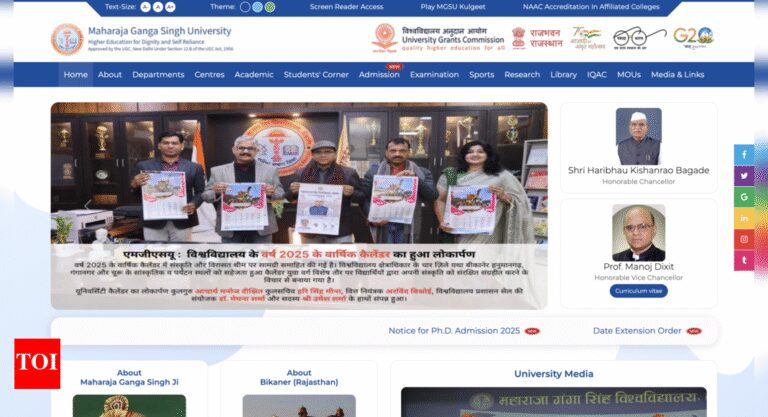
With the job market changing around the world, Costa Rica has emerged as a quiet frontrunner.The latest Q3 2025 Global Employment Outlook Survey by ManpowerGroup places the Central American nation at the top of the charts for job growth in key sectors, surpassing not only its regional peers but also the United States. For young professionals navigating a post-pandemic economy increasingly shaped by automation, demographic shifts, and geopolitical volatility, this shift is more than a statistic. According to the report, Costa Rica boasts a 41% Net Employment Outlook (NEO), the highest in the Americas, and one of the strongest globally. What makes this figure even more compelling is the sectoral depth behind it. Employers in Costa Rica report a 62% hiring outlook in healthcare and life sciences and 47% in industrials and materials, both the highest globally for these sectors.In contrast, the United States maintains a 30% NEO. While not weak by any means, the figure has remained unchanged since the same quarter last year. The flat trajectory points to a maturing market where growth is steady but no longer accelerating. For young professionals, especially recent graduates and early-career specialists, this difference in momentum could shape real decisions about where and how to build their careers.
The rise of sectoral advantage
Costa Rica has strategically positioned itself as a hub for advanced manufacturing, biotechnology, and medical device production. Over the past decade, it has attracted multinational corporations through fiscal incentives, a skilled bilingual workforce, and a growing emphasis on sustainability and Environmental, social, and governance (ESG) compliance. The convergence of healthcare and industry growth has created a rare dual opportunity for both technical and non-technical professionals, from biomedical engineers and process technicians to Human Resources (HR) specialists, regulatory affairs associates, and supply chain managers.Meanwhile, in the US, the hiring landscape is experiencing a recalibration. Demand remains strong in tech, financial services, and high-skill healthcare roles, but employers appear more cautious amid inflation concerns, AI-related workforce adjustments, and election-year uncertainty. While automation continues to reshape administrative and operational jobs, entry-level roles are increasingly expected to be hybrid-skilled, part technical, part strategic.
What this means for career strategy
For young professionals entering the workforce in 2025, the message is clear: regional flexibility and industry alignment are no longer optional. In a hyperconnected job market, proximity is becoming less critical than positioning.Those with degrees or experience in biomedical fields, logistics, engineering, or regulatory affairs may find faster mobility in emerging markets like Costa Rica. English-speaking professionals are in particular demand, given the dual-language requirements of global companies headquartered in the region.On the other hand, for those choosing to stay within the US job market, the plateau in hiring does not imply stagnation. It suggests saturation in some sectors and transition in others. Professionals who can upskill in AI fluency, data interpretation, and cross-functional project leadership will remain in high demand. Strategic internships, specialised certifications, and sector-specific training will serve as critical differentiators.
Remote work and cross-border mobility
Another critical dimension is the normalisation of remote and hybrid work, which allows professionals to tap into Costa Rica’s booming market without full relocation. US-based workers with in-demand skills can now collaborate with Costa Rican firms or even secure roles with US multinationals expanding their operations there.For those open to relocation, Costa Rica offers more than just professional upside. As global hiring dynamics shift, so too must the mindset of the modern professional. Costa Rica’s ascendance and the US hiring plateau are not just regional trends. They are reflections of a changing global economy that rewards agility, specialisation, and foresight.For career-focused young professionals, 2025 may be the year to look beyond the familiar and towards the places where the future of work is not just being discussed but actively built.TOI Education is on WhatsApp now. Follow us here.







